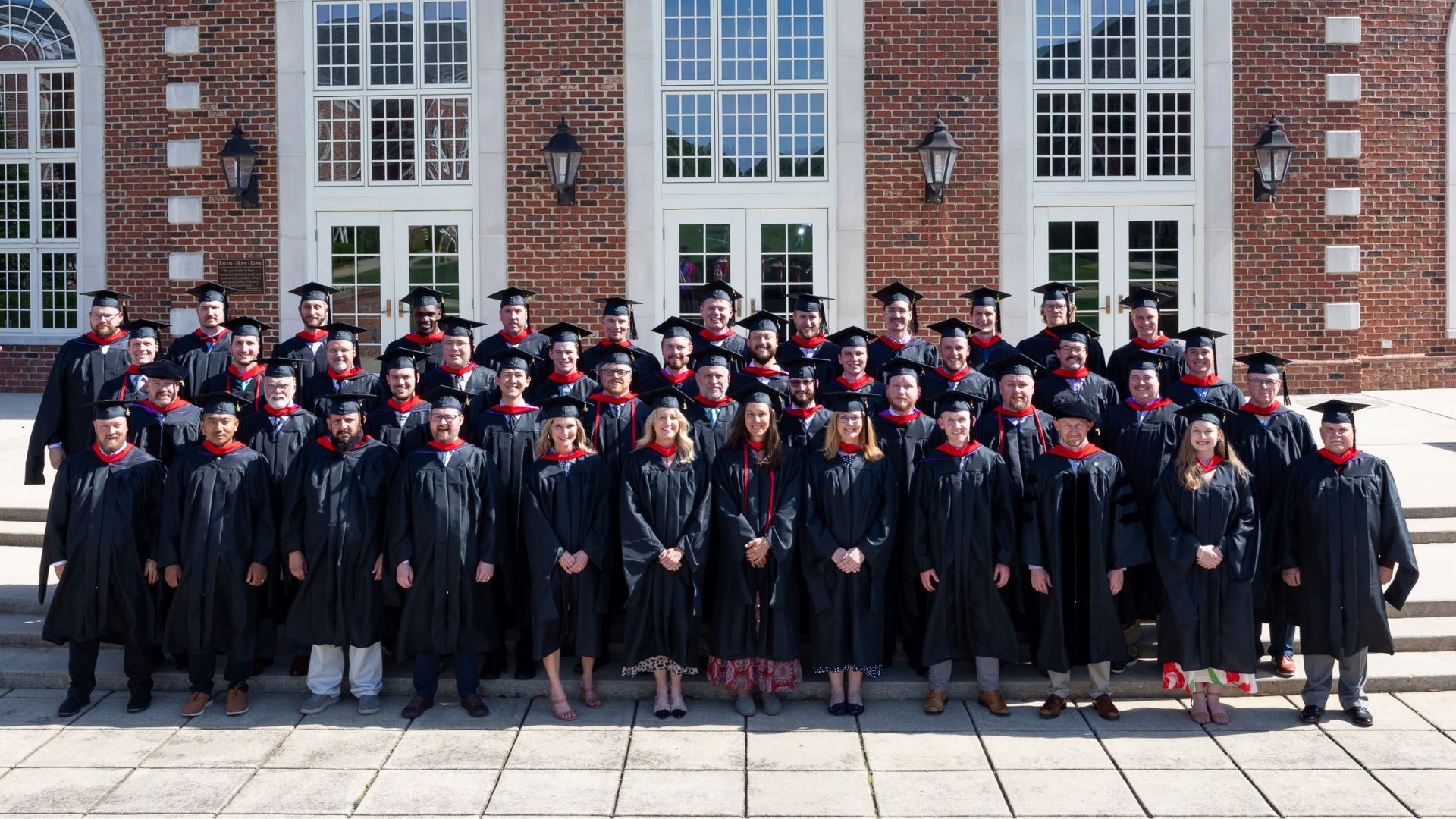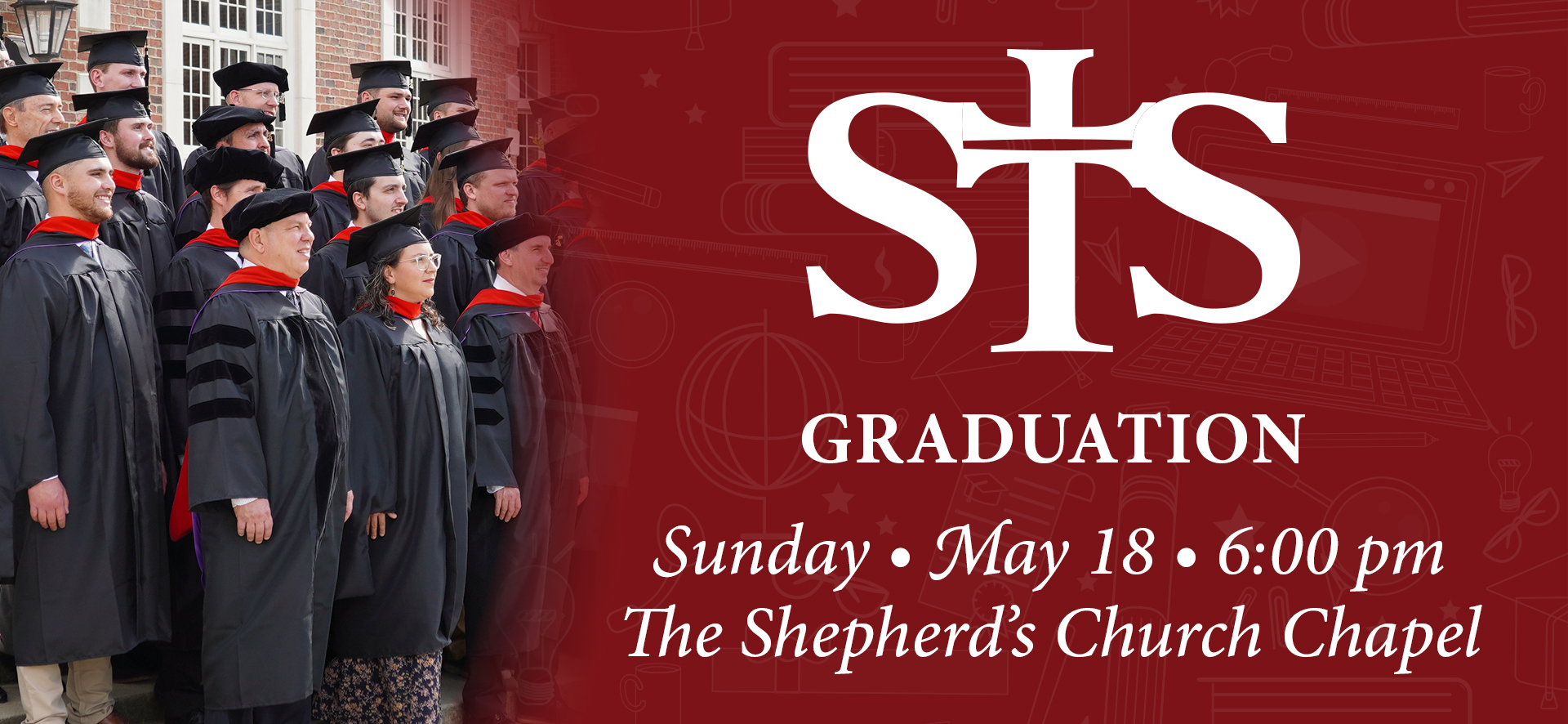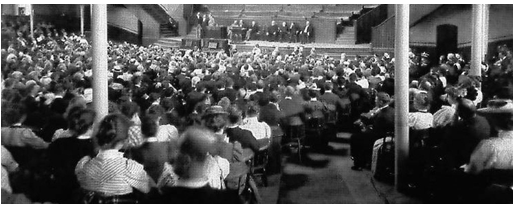Written by Joshua Komis, MDiv student at STS, Cary Campus
“Teacher, for what sins is this man blind?” In John 9, Jesus and His disciples come across a blind man in Jerusalem. The disciples are quick to assume the worst about this man they’ve never met, but Jesus said that this blindness was meant to lead toward the glory of God (v. 3).
As I stood by the excavated edge of the Pool of Siloam this afternoon, I recalled this familiar passage from the Gospel According to John. I stood on the steps where Jesus very well could have stood that day in Jerusalem so long ago. I cannot say that this was a “holy” site or a magical experience, but the Scriptural narrative took a life of its own in my mind as it was read out loud.
I found it interesting that instead of simply speaking or touching the blind man, Jesus put mud on the eyelids of this man and told him to wash in the Pool of Siloam. John takes care to mention that this event took place on the Sabbath, which lends assistance to understanding. The Pool of Siloam was a ritual cleansing pool for the Jews who were about to make their way up to the Temple. Hundreds, possibly even thousands of Jews would come to this large (possibly one acre) pool and cleanse themselves before going to worship.
Jesus knew that this blind man desired to have his eyesight back. Yet, He also knew that even more importantly, this man needed to be clean in order to go to the Temple on the Sabbath. He gave this man the impetus to go to the waters of Siloam, where this man was thrice cleansed over. As he responded by faith, God cleansed his heart. As he responded to Jesus’ directions, he was cleansed from blindness. When he entered the Pool of Siloam, he became ritually clean to visit the Temple.
I climbed the recently excavated steps of the first century street that led up to the Temple Mount. I could mentally picture this formerly blind man leaping for joy and seeing for the very first time. Since he did not see Jesus’ face, the next time he talks to his Savior, Jesus reveals His identity to the new believer. I cannot even imagine what emotions this man felt at that moment.
Despite all of the excitement we must recognize the poignancy of the disbelief of the Pharisees. They examined the newly healed man twice and “grilled” him over his experience. “We know this man Jesus is a sinner, tell us how he opened your eyes.”
As Dr. Bookman explained this story, one thought leapt out at me. This man who was blind from birth was enraptured by all of the new sights that assaulted his senses. Of all of the amazing things and people that he saw, he was most amazed by the unbelief of the Pharisees.
John 9:30 and 33 say, “The man answered, “Why, this is an amazing thing! You do not know where he comes from, and yet he opened my eyes…if this man were not from God, he could do nothing.”(John 9:30-33 ESV)
Praise the Lord for this man’s faith! This man understood a fact about faith: man can believe in his heart without seeing his physically present Messiah. On the other hand, just because one sees with his own eyes does not mean he will believe in his heart. Jesus’ miracles are meant to show people that He is the Son of God. He and He alone has the power to open the eyes of our heart as well as our sight.
We find this poignant truth at the steps of a simple pool called Siloam.
In the famed words of the believer John Newton, “Amazing Grace how sweet the sound, that saved a wretch like me. I once was lost, but now I’m found. Was blind but now I see.”








